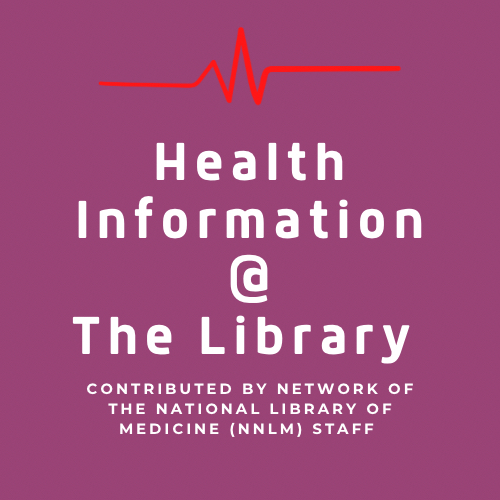Period Poverty Resources at the Library

The stigmatization of menstruation, commonly known as period stigma, is a pervasive social issue that transcends cultural, economic, and geographical boundaries. Menstruation, a natural biological process experienced by half of the world’s population, has historically been shrouded in secrecy and taboo. Cultural norms, religious beliefs, and societal expectations have contributed to the perpetuation of myths and negative perceptions surrounding menstruation, often framing it as dirty, embarrassing, or even sinful.
This stigma has far-reaching consequences, with one significant manifestation being period poverty. Period poverty is the lack of access to menstrual hygiene products due to financial constraints. Many individuals, particularly in low-income communities, face challenges affording menstrual products, leading to unhygienic practices and potential health risks. Period poverty not only exacerbates gender inequalities but also hinders educational and economic opportunities for those affected. Due to insufficient access to menstrual health supplies, a quarter of young people who menstruate face disruptions in their monthly schedules, missing classes or work.[1] It’s crucial to note that menstrual products are not covered by essential support programs like food stamps or WIC (The Special Supplemental Nutrition Program for Women, Infants, and Children).
Efforts to combat period stigma and period poverty involve not only providing access to affordable menstrual products but also fostering open conversations to challenge societal norms. Education plays a crucial role in dispelling myths and dismantling taboos surrounding menstruation. Initiatives that promote inclusivity, gender sensitivity, and advocate for policy changes are essential steps toward breaking the silence around periods, ensuring that menstruating individuals can manage their periods with dignity and without the burden of shame or financial constraints. Many public libraries provide free menstrual products in their restrooms.
Learn more about period poverty and explore free, reliable resources to help you and your patrons explore facts and information about menstruation.
NNLM Projects
Period Poverty from the NNLM Discovery Podcast. This podcast series explores how the Network of the National Library of Medicine engages with communities to provide access to trusted information to improve public health.
Celebrating Moon Times: Flipping the Script on Period Poverty and Standard Puberty Education – NNLM webinar recording
Ohio Menstrual Health Equity Project is a funded project. NNLM offers funding for projects that improve access to health information, increase engagement with research and data, expand professional knowledge, and promote awareness and use of NLM resources in local communities. Register for this webinar on January 24, 2024, to learn more about applying for funding.
Information Resources
Menstruation
- Menstruation
- Period Pain
- Premenstrual Syndrome
- Primary Ovarian Insufficiency
- Vaginal Bleeding
- About Menstruation Also in Spanish
- Menstrual Cycle Also in Spanish
- Menstrual Cycle: What’s Normal, What’s Not Also in Spanish
- What Are Menstrual Irregularities? Also in Spanish
Information for Children
- All about Menstruation (For Children), Also in Spanish
- Five Things to Know about Periods Also in Spanish
- Getting Your Period
- Pads and Tampons Also in Spanish
- When Will I Get My Period? (For Kids) Also in Spanish
Information for Teenagers
- All about Menstruation (For Teens) Also in Spanish
- Stacey Missmer on Painful Periods in Teens Also in Spanish
- Female Athlete Triad, Also in Spanish
- Irregular Periods Also in Spanish
- Menstrual Disorders in Teens Also in Spanish
- Period Products: Using Your First Tampon Also in Spanish
- PMS, Cramps, and Irregular Periods Also in Spanish
- Problem Periods
- Toxic Shock Syndrome (For Teens) Also in Spanish
- Your First Period
- Your Menstrual Cycle
Information For Parents and Caregivers
- Menstrual Problems (For Parents) Also in Spanish
- Talking to Your Child about Menstruation Also in Spanish
[1] Girlsinc.org







